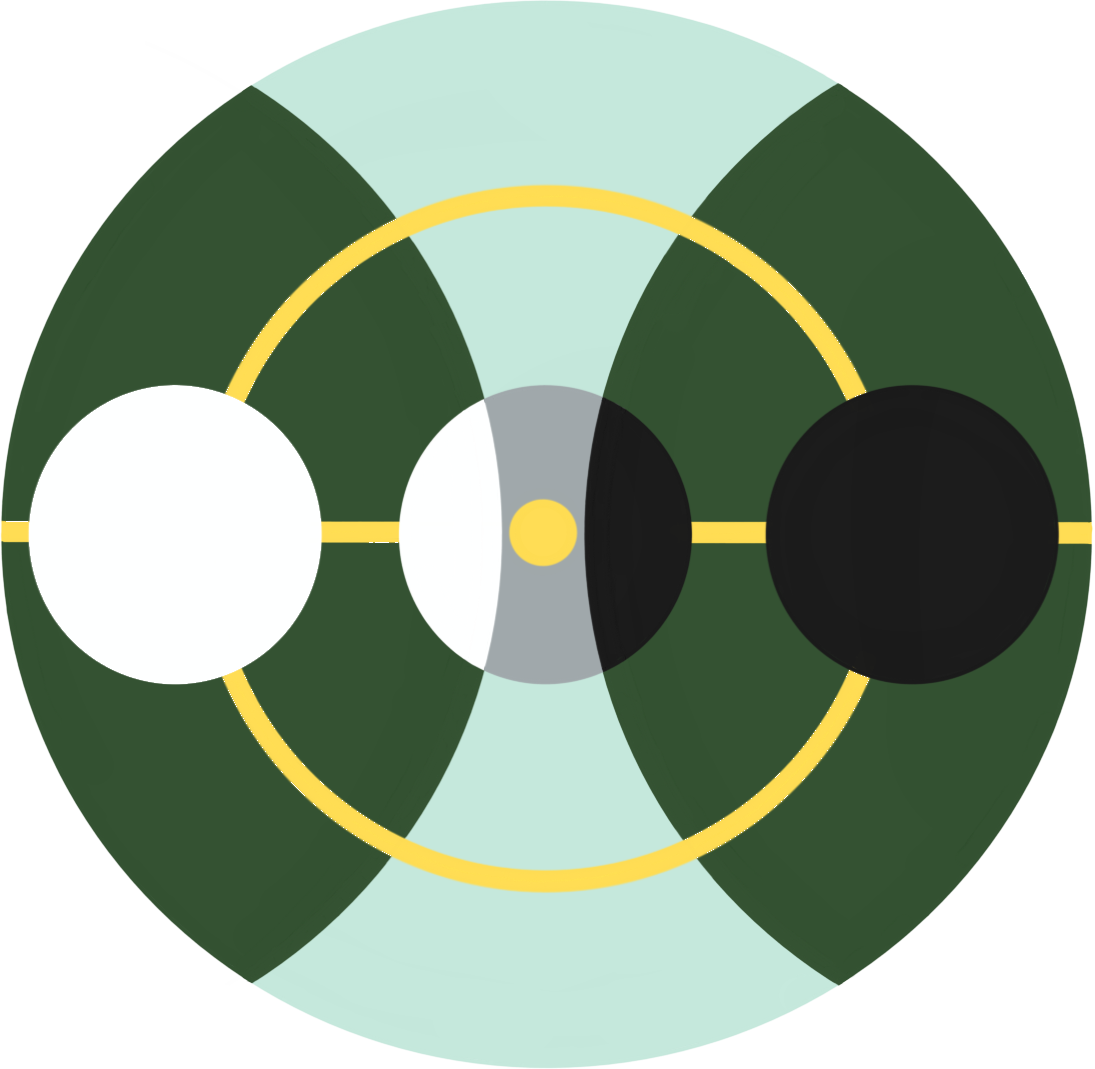Methods Based on Depth Psychology
Therapy based on depth psychology has its origins in classical psychoanalysis, which was founded by Sigmund Freud. From this, a modified and less time-consuming therapy developed, not least under the cost pressure of the healthcare system (because psychoanalysis takes several sessions per week over several years and is therefore very expensive). Depth psychology-oriented psychotherapy is thus a modified form of psychoanalysis. The therapy is more focused on the current challenges and their relation to the life story. The psychoanalytic method is based on the idea that behavior and experience are determined by unconscious parts of the personality, which are psychodynamically effective and can be uncovered. Together we get to the bottom of the unconscious inner conflicts in order to “tackle the problem at the root.” We highlight previously unconscious and unresolved conflicts from the past (often from childhood and adolescence) and connect them to today’s troubles. Only when you understand the past can you shape the present and future.
Methods Based on Depth Psychology
Therapy based in depth psychology has its origins in classical psychoanalysis, which was founded by Sigmund Freud. From this, a modified and less time-consuming therapy developed, not least under the cost pressure of the healthcare system (because psychoanalysis takes several sessions per week over several years and is therefore very expensive). Depth psychology-oriented psychotherapy is thus a modified form of psychoanalysis. The therapy is more focused on the current challenges and their relation to the life story. The psychoanalytic method is based on the idea that behavior and experience are determined by unconscious parts of the personality, which are psychodynamically effective and can be uncovered. Together we get to the bottom of the unconscious inner conflicts in order to “tackle the problem at the root.” We highlight previously unconscious and unresolved conflicts from the past (often from childhood and adolescence) and connect them to today’s troubles. Only when you understand the past can you shape the present and future.
„Everything that irritates us about others, can lead us to an understanding of ourselves.”
Carl Gustav Jung
